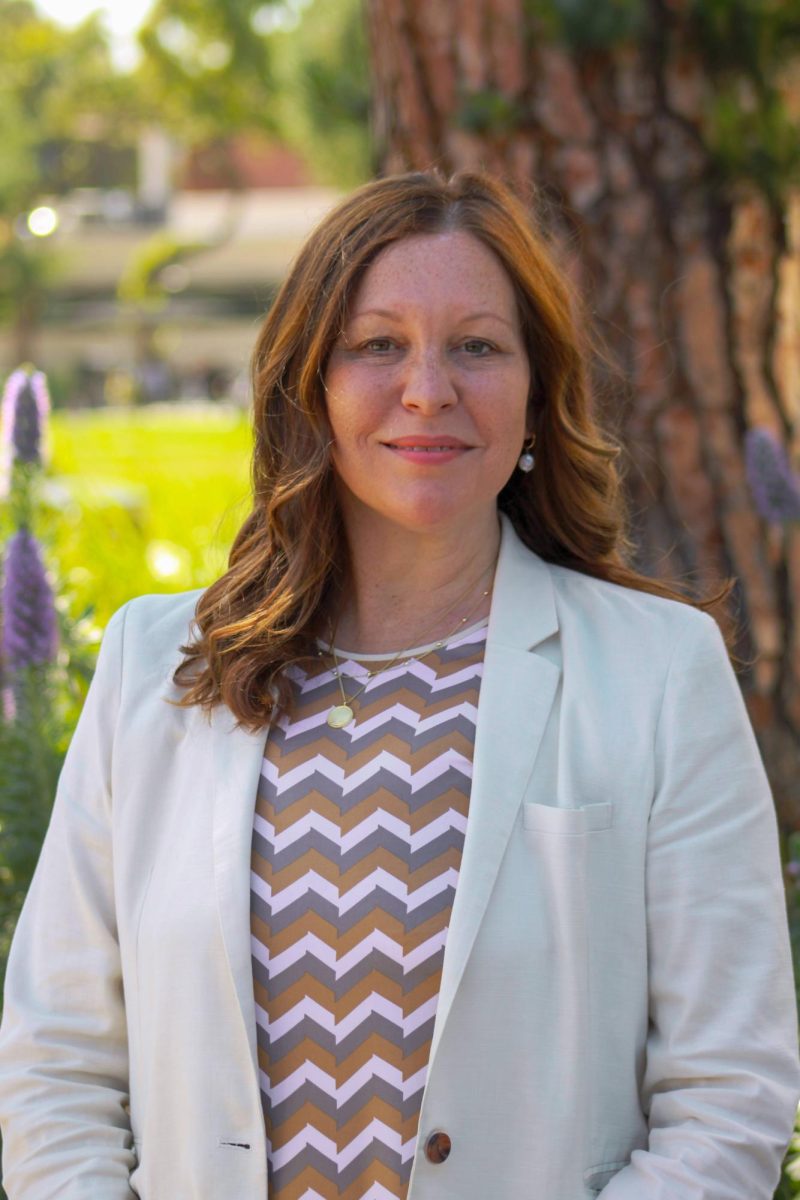By Robin Gracia
Opinion Editor
Disneyland is the happiest place on earth – if you’re immunized, that is.
A recent outbreak of the measles has been traced to the California theme park, infecting numerous men, women and children.
The U.S. Centers for Disease Control and Prevention confirmed that 68 people from 11 states have reported having the measles as of Jan. 23.
In 2000, the CDC documented the measles as an “eliminated” disease. The number of cases, however, has been rising. The spread of the illness has been largely attributed to the anti-vaccination movement, where individuals choose whether or not to partake in being immunized from various diseases. This is the second outbreak of measles in California within the past year.
According to a CBS news report, there were twenty-one cases of the measles reported in Orange County in March of 2014, which hospitalized seven.
Fears of infection bolstered in Bakersfield when Kern County Public Health officials announced that a person who was diagnosed with the measles recently visited a McDonald’s restaurant in Delano on Jan. 25. While some people are nervous about contracting the illness, others are more cavalier.
“I think people are getting all worked up over nothing,” said Kayla Calvillo, a 19-year-old CSUB student. “If you got the shot and you’re immune, you’re going to be okay. If you don’t have it, just go get one, and you’ll be okay. What’s the big deal?”
According to CDC.gov, there is no federal law in place that requires vaccinations.
However, “all 50 states require certain vaccinations for children entering public schools. Depending on the state, children must be vaccinated against some or all of the following diseases: mumps, measles, rubella, diphtheria, pertussis, tetanus, and polio.”
As with any requirement, there are exceptions.
“There are religious waivers and medical exemptions,” said Erika Delamar, assistant director of health services at CSUB. “Physician’s notes are required for medical exemptions. For example, someone undergoing chemotherapy isn’t going to get the vaccine.”
Delamar went on to say that CSUB does require a history of immunization to attend, and a hold will be placed on the record of an individual who is not vaccinated without a waiver or an exemption.
The CSUB Student Health Center currently carries the measles-mumps-rubella, or MMR, vaccine.
However, as Delamar puts it, “It’s not a cheap vaccine.” The MMR vaccine costs $65, a one-dollar difference from receiving the vaccine from the Public Health Department for $64.
“We are selling it at-cost,” said Delamar. “I know it’s steep, I was a student once too. But the cost of prevention is much less than the cost of treatment.”
Whether or not to vaccinate against potentially harmful diseases has become a hot-button issue in current years. Students in certain California schools have recently been given some interesting news: get immunized, or go home.
According to a Jan. 28 report from USA Today, 66 high school students from Palm Desert High in Riverside County were informed they needed to avoid classes until they can provide record of immunization.
It remains unclear why the students were not immunized, but California is one of 19 states that allows for students to skip vaccines due to philosophical objections.






